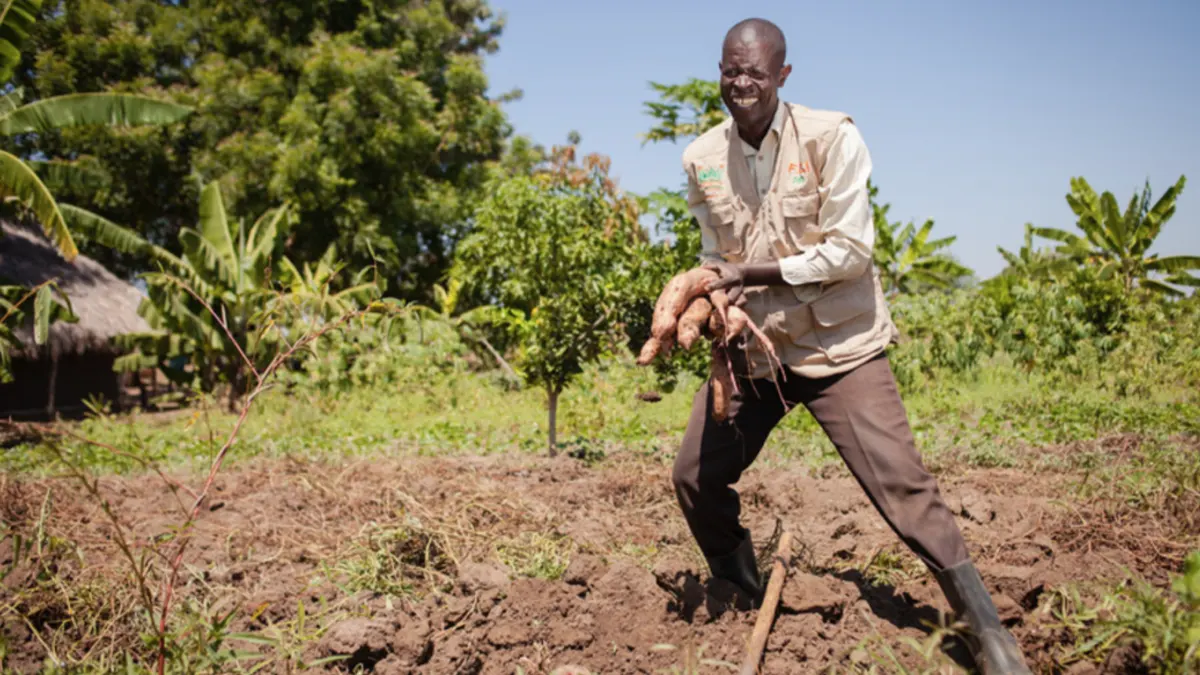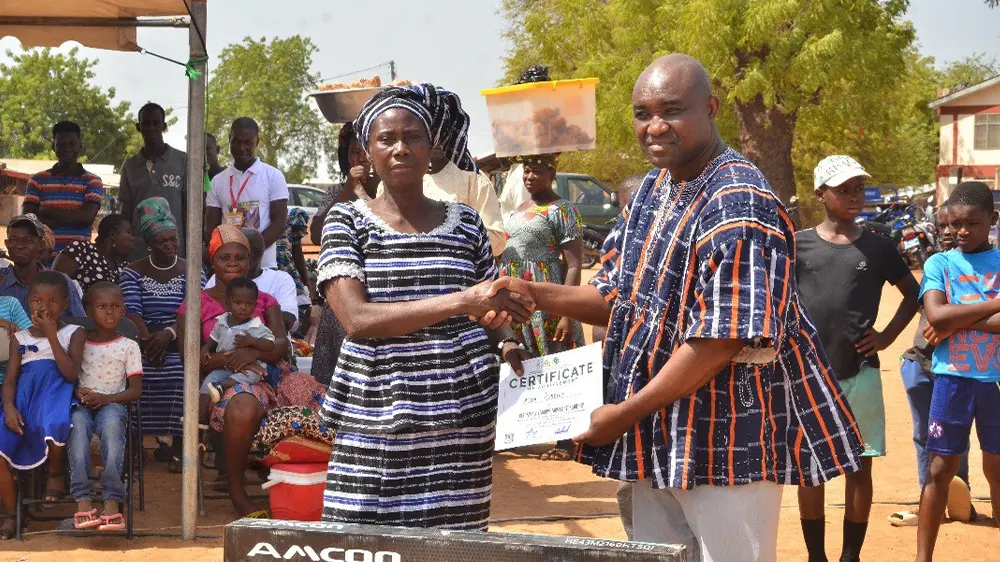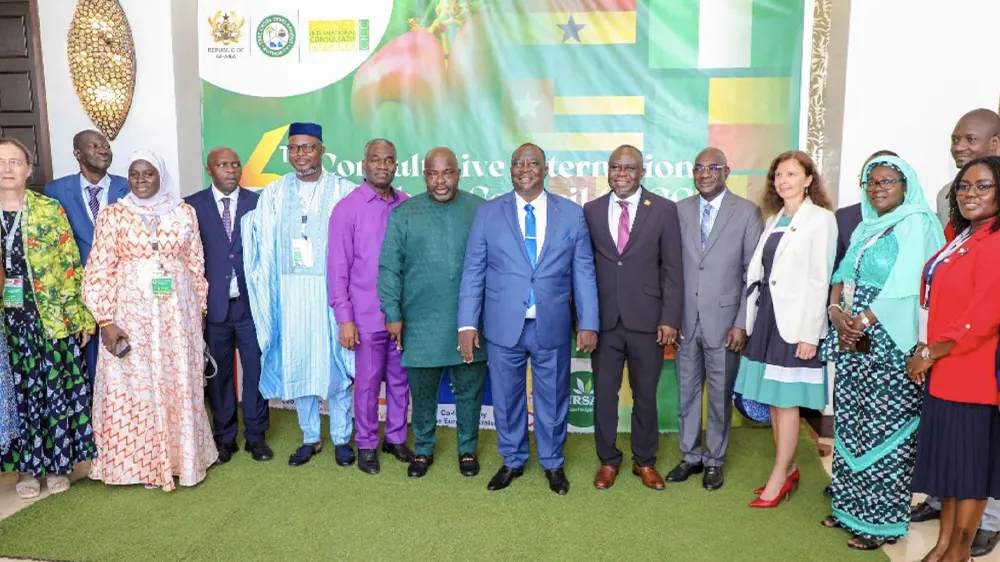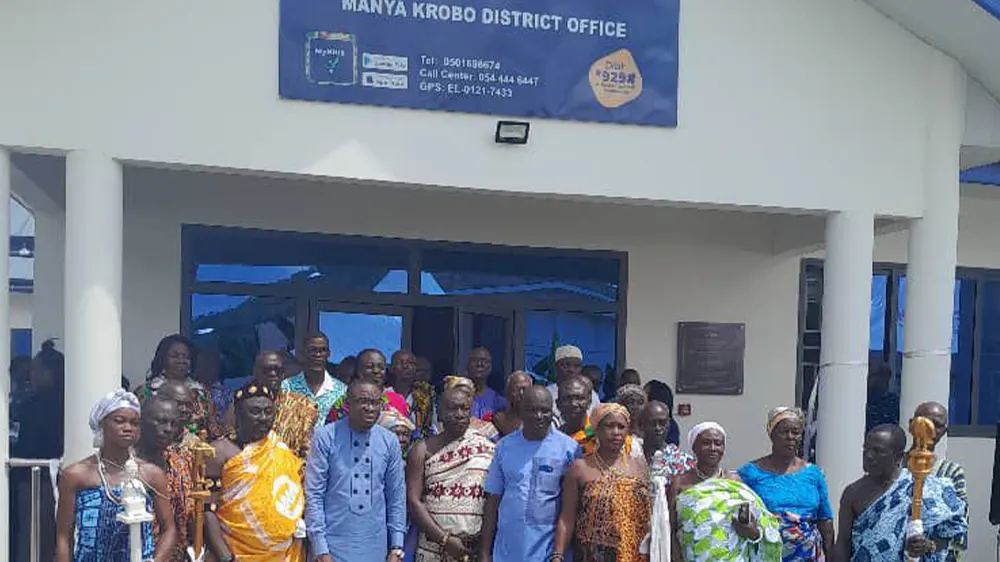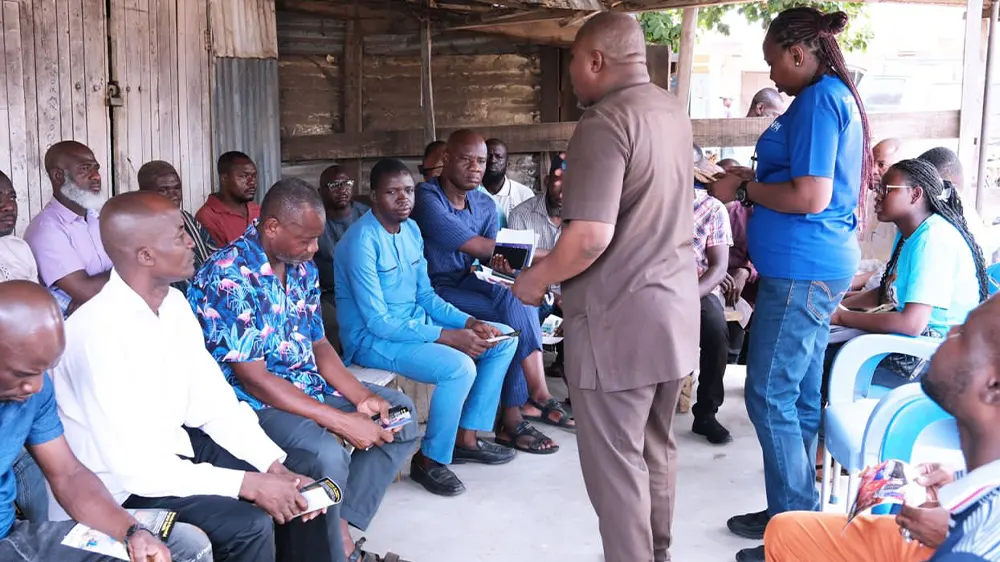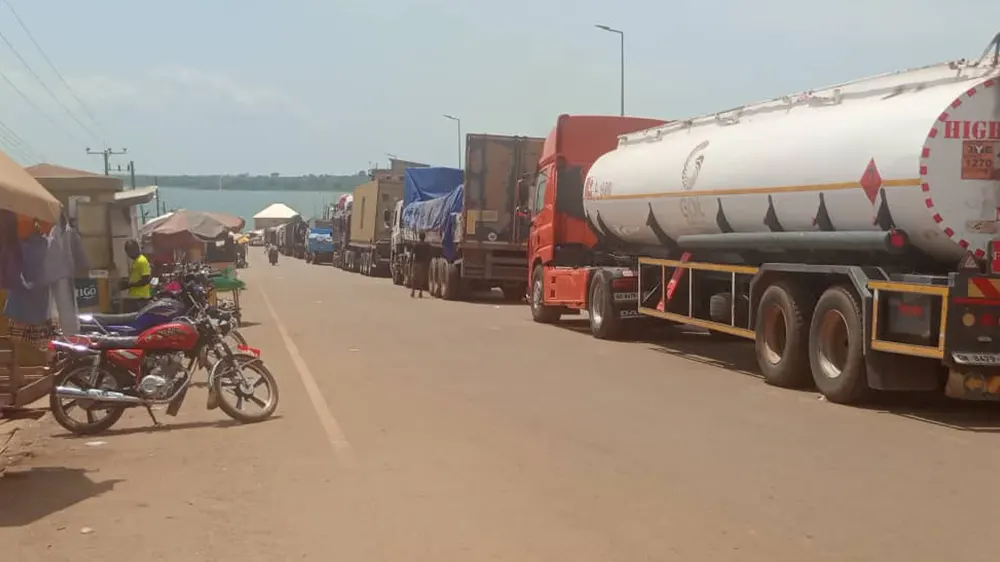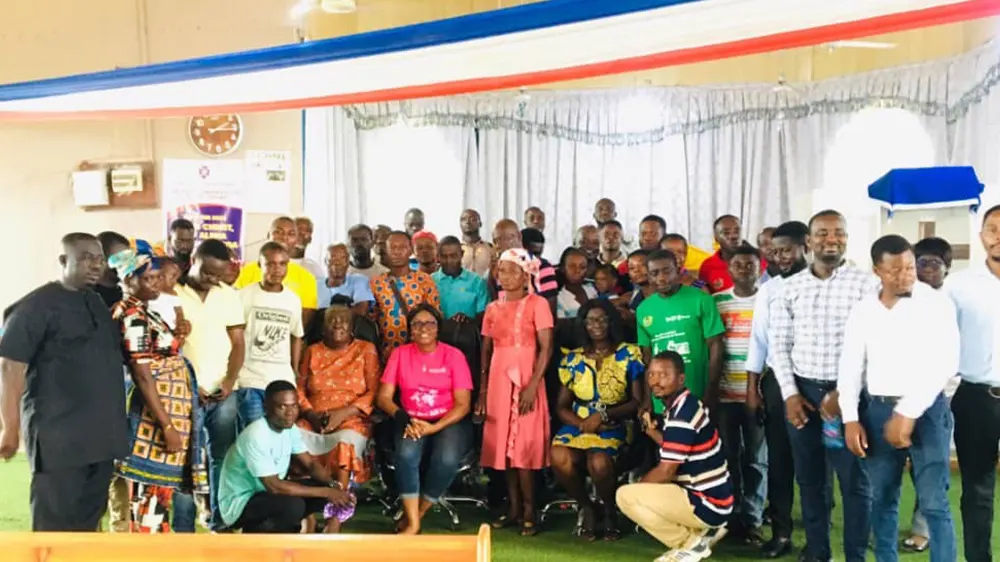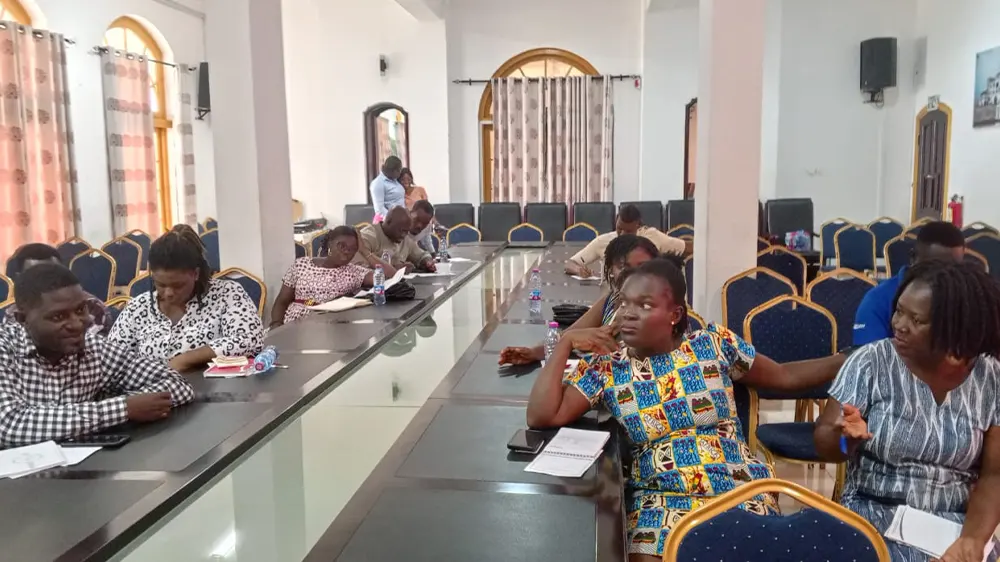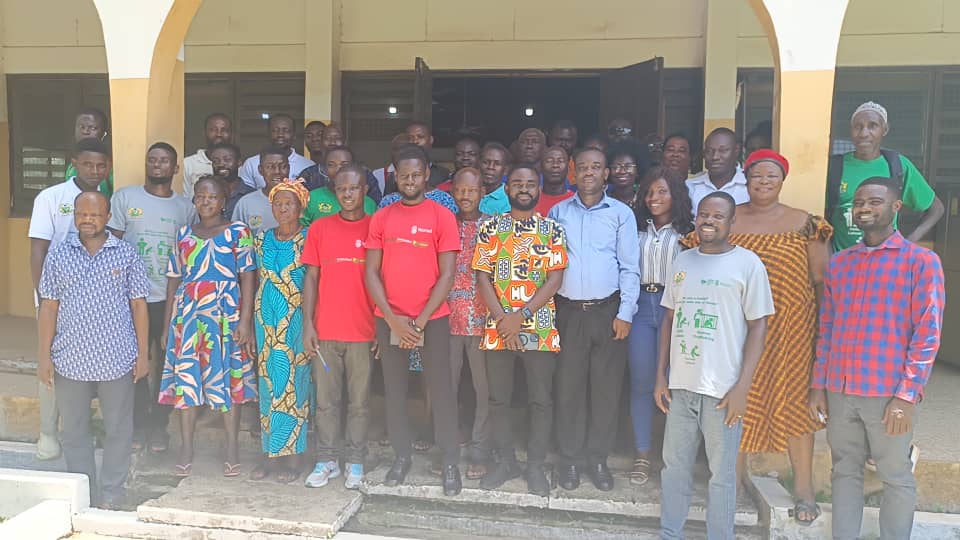The rainfall outlook for Ghana, Nigeria, Togo, Ivory Coast, and Benin in 2024 is generally promising, providing a boon for socio-economic activities and agriculture across the region.
Preliminary data suggests that farmers in these countries, who heavily rely on rainfall for agricultural activities, can expect normal rainfall patterns this year.
Mr Eric Asuman, the Acting Director-General of the Ghana Meteorological Agency (GMet), revealed that scientists from the five countries with similar climate conditions are convening in Accra to analyze available data and models to generate the seasonal forecast for 2024.
The Regional Climate Outlook Forum (RCOF) brings together participating countries, National Meteorological and Hydrological services, the World Meteorological Organization (WMO), and Global Producing Centres for Long-Range Forecasts, among others.
The primary objectives of the Forum are to facilitate knowledge exchange among climate experts and information users, including humanitarian and development stakeholders, and to enhance climate services.
Mr. Asuman emphasized that the experts would share their forecast findings and recommendations with decision-makers and stakeholders to enable effective planning for the year ahead.
He explained, “This exercise will provide insights about the onset, cessation, dry spells, and cumulative rainfall, which are crucial for our countries as our economy depends significantly on rainfed agriculture, energy, tourism, construction, and trade.”
In an effort to enhance forecasting capabilities, GMet will introduce sub-seasonal forecasts for periods extending beyond three months, ranging from two weeks to two months, as well as three-day and daily forecasts to validate the outlook.
However, Mr. Asuman noted that due to climate change, rainfall patterns in Ghana are becoming increasingly variable and are expected to remain so throughout the century.
Dr Kamoru Abiodun Lawal, an official from the Regional Centre AGROMIT, highlighted the impact of weather changes in the southeastern part of Nigeria, where rainfall has become erratic, and harmattan temperatures have decreased.
Dr Lawal, an expert in Numerical Weather Prediction and Seasonal Climate Prediction, urged African leaders to allocate funding towards climate-smart agriculture to mitigate the effects of climate change.
In Ghana, the Environmental Protection Agency has emphasized the need to scale up climate-smart agriculture and enhance resilience among small-scale fishers. Recommendations include the provision of additional water storage and irrigation infrastructure, as well as alternative economic activities, livelihood support, and insurance options to address climate change challenges at the sub-national level.

